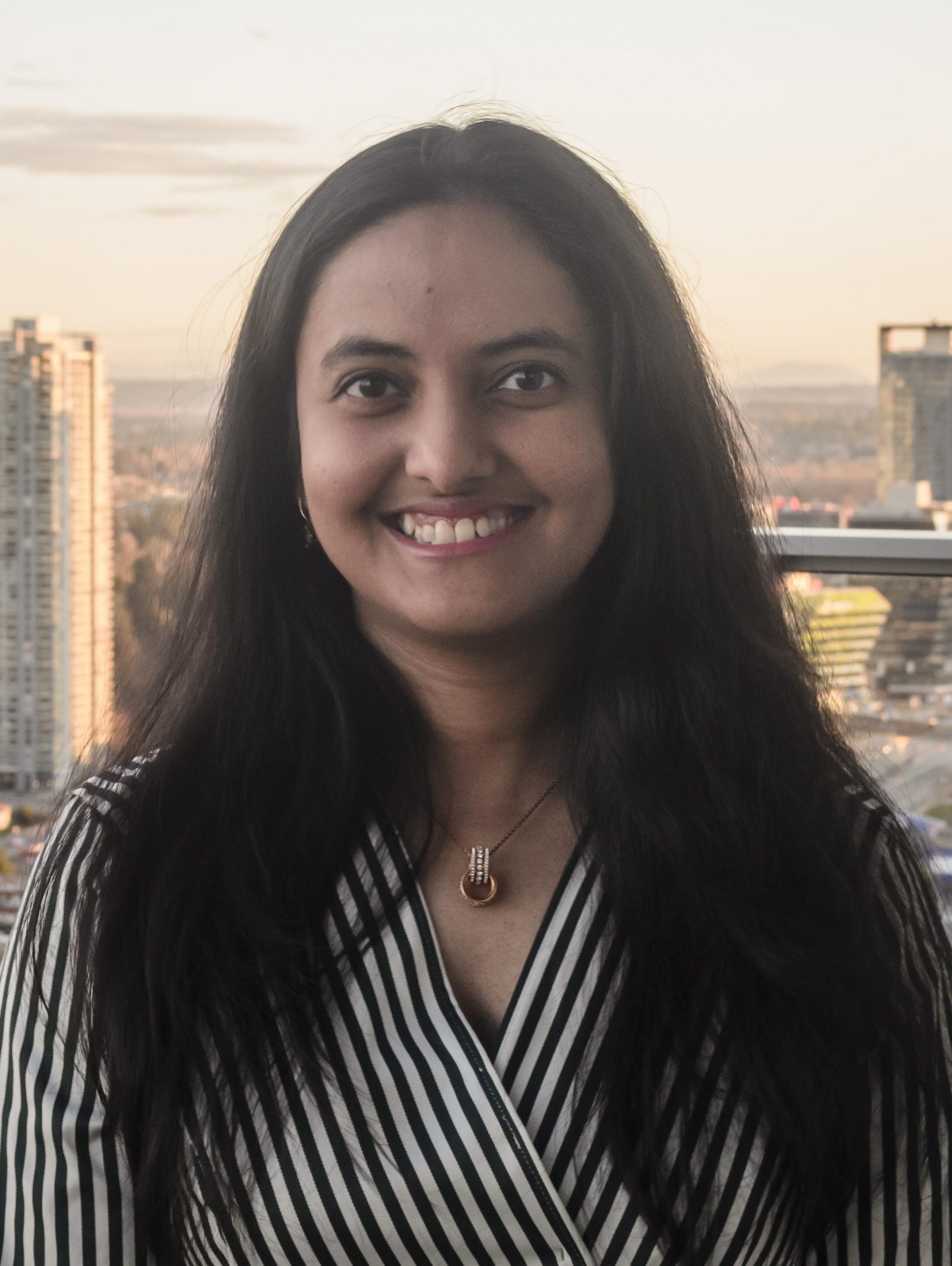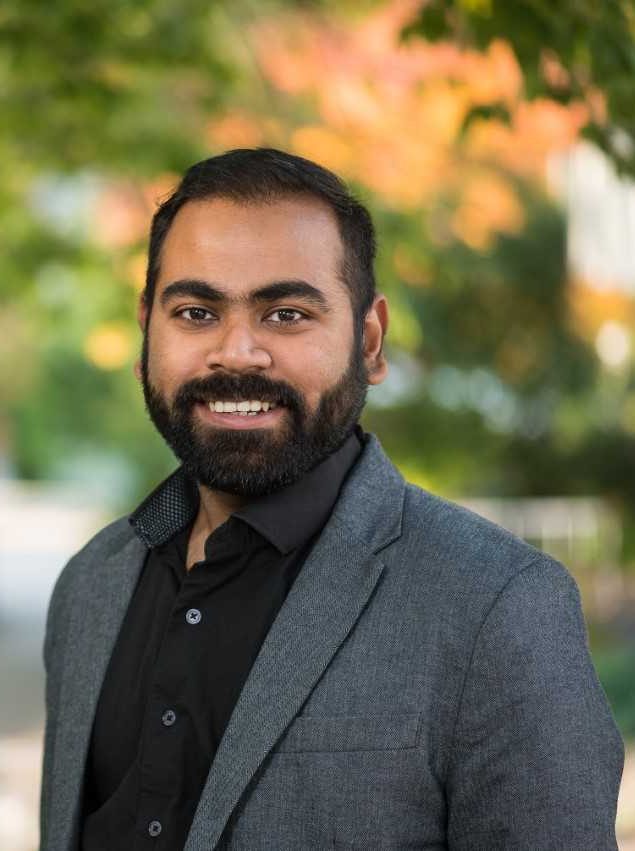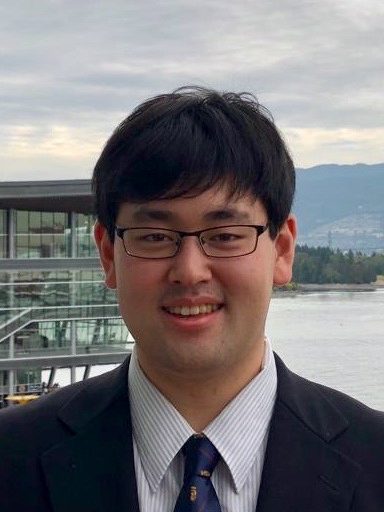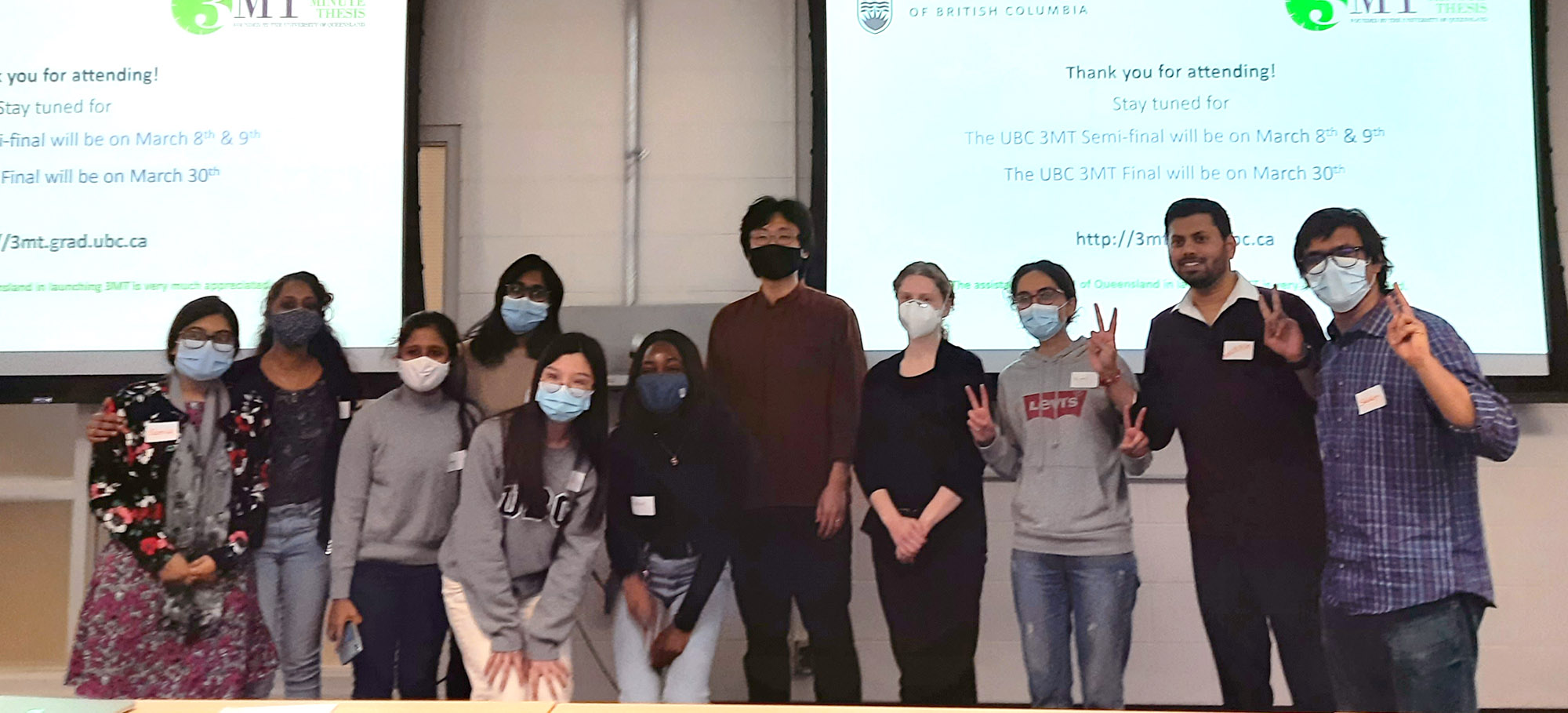On Friday, March 4, UBC Civil Engineering students and faculty gathered for the Department Heat of the Three Minute Thesis (3MT) competition, which showcased research being conducted by PhD students in our department.
3MT is an academic competition that cultivates students’ effective presentation and research communication skills. Participants have just three minutes to demonstrate the significance of their research, in language fit for a non-specialist audience.
The winner of this year’s Department Heat was Sifat Kalam, a PhD student in Dr. Jongho Lee’s CLEAN Lab research group. Preetish Kakoty and Hiroki Fukuda came in second and third place, respectively.
Assistant professors Drs. Zhengbo Zou and Rachel Scholes served as faculty judges who evaluated the presentations.
Read on below to learn more about each participant’s research:
Industrial Wastewater Reclamation Utilizing an Engineered Membrane with Disparate Wetting Ability

Sifat Kalam
Supervisor: Dr. Jongho Lee
With the increasing global population and industrialization, it is estimated that by the year 2025, two-thirds of the world population will be under “stress” conditions. While approximately 20% of the global water demand is by different industries, they also impart a huge amount of wastewater load on the environment. These wastewater needs to be treated before discharging due to the presence of high salt and contaminants such as oil, or surfactants.
A membrane-based distillation technology (MD) has emerged as a promising technique for treating these highly-saline industrial wastewater. In this process, water vapor transports across a non-wetting microporous membrane from the mildly high temperature wastewater side to the cold clean water side rejecting salts and contaminants. However, commercially available membranes are prone to fouling by oil that blocks the membrane pores declining the quantity of water recovery.
In addition, surfactants wet the membrane pores that allows salt/contaminant to pass, thus compromising the quality. Therefore, in my PhD research, I have engineered a membrane with disparate wettability: water-loving top layer that will prevent fouling and a liquid repelling bottom layer that will act as anti-wetting. By utilizing this engineered membrane in the membrane distillation (MD) process we can ensure long-term operation with high quality and quantity of water.
Understanding Seismic Risk of Older Buildings in Vancouver for the “Big One” and Impacts on Community Resilience

Preetish Kakoty
Supervisor: Dr. Carlos Molina Hutt
Southwest British Columbia has the potential to experience large-magnitude earthquakes generated by the Cascadia Subduction Zone (CSZ). Although tall buildings are not the only structures at risk, they are of special concern due to their susceptibility to long-period ground motions, which are characteristic of large magnitude subduction earthquakes.
Tall buildings in Metro Vancouver, which include a large number of seismically vulnerable pre-1980 reinforced concrete (RC) shear wall buildings, are particularly vulnerable to these earthquakes because the region lies above the Georgia sedimentary basin, which can further amplify the intensity of ground motions at long periods and the resulting damage in tall structures. Earthquake design provisions in Canada do not explicitly consider basin amplification and the consequences of accounting for these effects are uncertain.
To address this issue, my research proposes methods to quantify basin amplification on ground motion shaking during large-magnitude CSZ earthquakes and assesses the impacts of these ground motions on the performance of existing tall RC shear wall buildings. It further quantifies housing recovery, as an indicator of community resilience, to understand the community impacts of the expected seismic performance of these buildings and proposes a tool to evaluate interventions to enhance overall community resilience.
Harvesting Valuable Chemicals from Organic Wastes with Selective Membrane

Hiroki Fukuda
Supervisor: Dr. Jongho Lee
Organic wastes from home and industry have been increasing around the world. For reducing the load on the disposal sites and environmental impacts, the wastes are usually treated by microbes. The microbes eat and digest the wastes and then produce some valuable chemicals for us.
Among the bio-produced chemicals, “medium-chain fatty acids” (MCFAs) are getting attention because they can be used as biofuels and feedstocks for medications and cosmetics. However, it is challenging to separate and purify MCFAs from the mixture of organic compounds produced by microbes. To address the problem, this study succeeded in making a membrane, called “supported liquid membrane” (SLM), that can separate MCFAs selectively. The membrane was able to separate more than 95% of MCFAs from the mixture.
The study is working on the improvement of the membrane performance by studying how fast MCFAs can pass through the membrane and how long the membrane can last. Overall, we highlight the potential of the selective membrane in building a new production stream for valuable chemicals from organic wastes.
